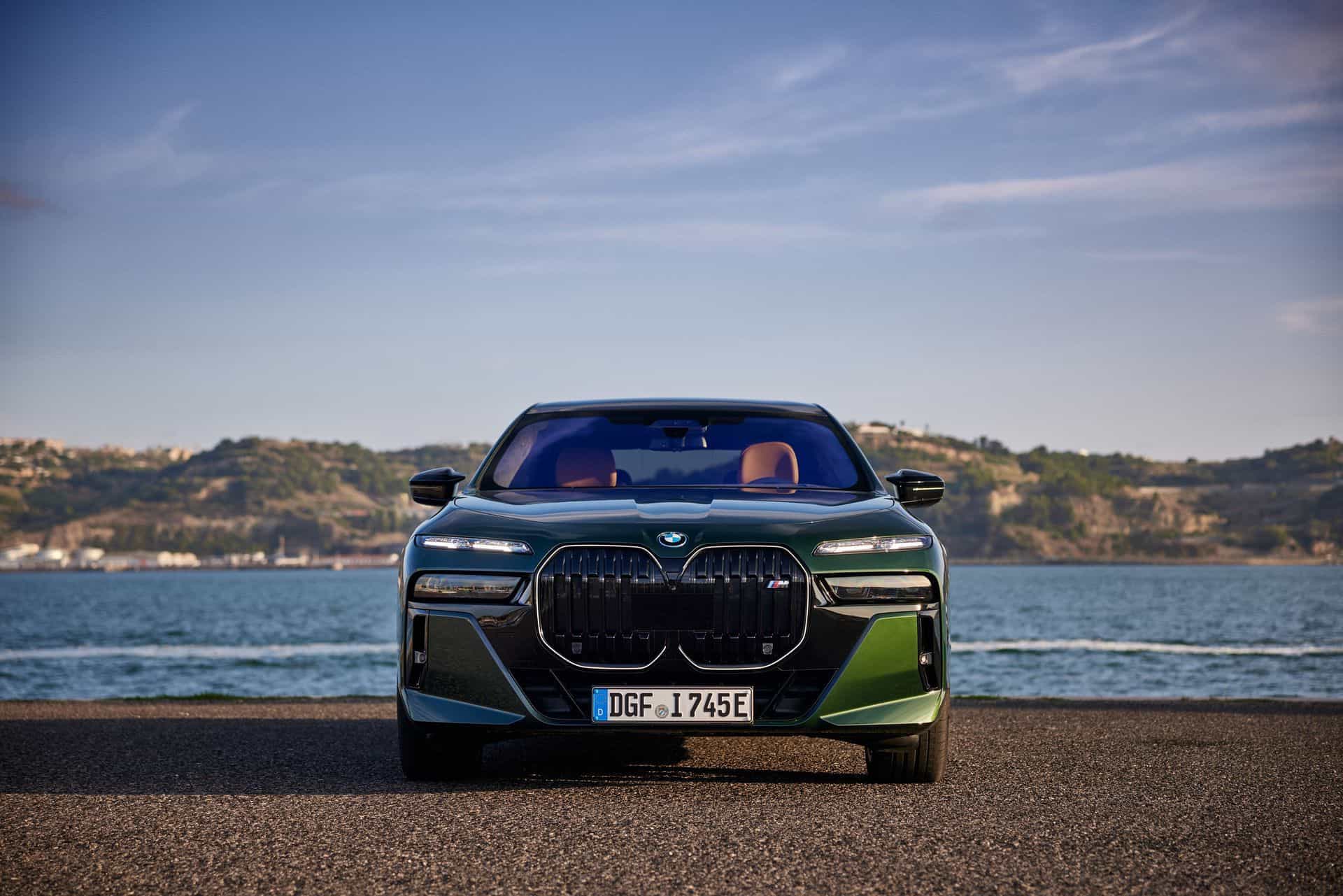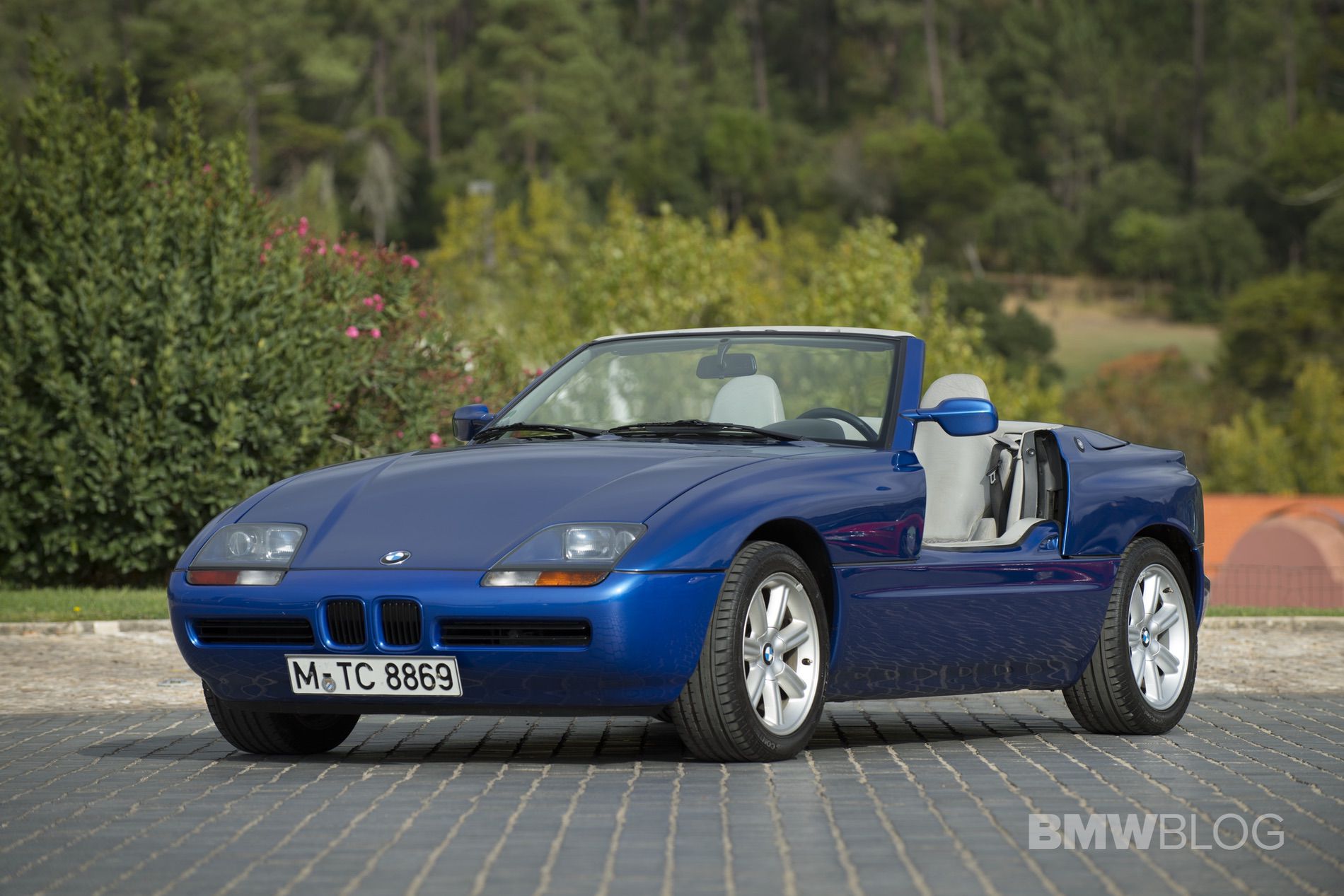There are special BMWs, and then there’s the 3.0 CSL. It builds on an already healthy foundation, the M4 CSL, while swapping the automatic transmission for a six-speed manual. It also uses an upgraded S58 engine with an extra 10 hp, bringing the total to 553 hp. That makes it the most powerful road-going inline-six in the company’s history. At the same time, the most potent three-pedal BMW ever built.
But even before you look at the spec sheet, the 3.0 CSL draws a crowd for entirely different reasons. Its retrolicious bodywork channels the spirit of the stunning Batmobile from the E9 era. It’s fair to say BMW succeeded in reviving the character of its iconic 1970s race car.
Although BMW did produce a few right-hand-drive examples, these fresh night shots from Japan show a left-hand-drive car. It belongs to none other than Bob Suzuki, Studie AG’s owner and a longtime BMW Motorsport partner. Like the other 49 cars, it’s finished in Alpine White, applied by hand in up to eight individual coats.
Some have criticized BMW for reportedly charging an unconfirmed €750,000 for the 3.0 CSL, but the company had its reasons. First, there’s the rarity factor: only 50 cars exist. Second, Munich has never before built a six-cylinder road car with this much power, and in typical BMW fashion, it sends that output to the rear axle through a manual gearbox. Third, and arguably most important, the intricate, labor-intensive build process pushed production costs far beyond those of a regular M4 CSL.
Each car passed through eight assembly cycles at eight production stations, a lengthy process spanning 10 days. Workers completed much of the work by hand, a practice increasingly uncommon in today’s automated manufacturing environment. They also manually produced the carbon fiber–reinforced plastic components inside. BMW assigned a dedicated team of 30 specialists to assemble each vehicle.
BMW transported the 3.0 CSLs to an external facility in Moosthenning before shipping them back to the Dingolfing plant for final testing and delivery. All these extra steps added significant cost, which is why other highly bespoke models like the Speedtop and Skytop also command substantial premiums over the donor M8.
BMW had no trouble selling these high-priced specials, and that should encourage more low-volume projects. Earlier this year, we learned that another limited-series model is coming. Better yet, it’ll be an M car, so exciting times are ahead.
[Photos: @studieag]































































